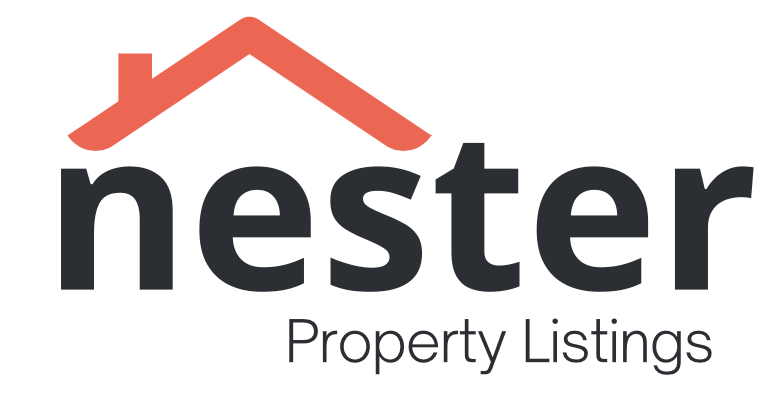Buying a house is often considered a significant milestone in one’s life. It comes with a sense of security, stability, and the opportunity to build equity. However, like any major decision, there are drawbacks to consider. In this article, we will explore some of the disadvantages of buying a house, ranging from high upfront costs to the risk of depreciating value. By understanding these challenges, potential homebuyers can make informed decisions and weigh the pros and cons before taking the plunge.
High upfront costs
One of the primary disadvantages of buying a house is the high upfront costs involved. Purchasing a property requires a substantial amount of money, including a down payment, closing costs, and other associated fees. The down payment alone can often be a significant financial burden, usually ranging from 5% to 20% of the property’s price. Moreover, the closing costs, which typically include appraisal fees, inspection fees, and legal fees, can add up to thousands of dollars. For many individuals or families, accumulating such a large sum may take years of saving, delaying their dreams of homeownership.
Maintenance and repairs
Another disadvantage of buying a house is the responsibility that comes with maintenance and repairs. Unlike renting, where the landlord typically takes care of these expenses, homeowners must bear the cost of maintaining and repairing their property. Over time, various elements of a home, such as the roof, plumbing system, and appliances, may require repairs or replacements. These unexpected expenses can add up quickly and may put a strain on a homeowner’s budget. Furthermore, regular maintenance tasks, such as landscaping, painting, and cleaning, can be time-consuming and require ongoing effort.
Limited flexibility
Homeownership can also bring limited flexibility compared to renting. When you buy a house, you tie yourself to a specific location, making it more challenging to move for job opportunities or personal reasons. Selling a house is not always a swift and straightforward process, and it often involves lengthy procedures, real estate agent fees, and the uncertainty of finding a suitable buyer. Additionally, if the housing market is down or if the property has depreciated in value, it can be challenging to sell the house without incurring financial losses. Renting, on the other hand, provides more flexibility, allowing individuals to easily move to a different area or downsize based on their needs.
Risk of depreciating value
Lastly, homeowners face the risk of the property’s value depreciating over time. While real estate generally appreciates in the long run, there are instances where housing prices decline due to economic factors, changes in the neighborhood, or other external influences. In such cases, homeowners may find themselves in an unfortunate situation where they owe more on their mortgage than the actual worth of their property. This negative equity can make it difficult to sell the house or refinance, leaving homeowners trapped in a financial predicament.
While buying a house offers numerous advantages, it is crucial to consider the disadvantages as well. High upfront costs, maintenance responsibilities, limited flexibility, and the risk of depreciating value are significant factors that prospective homebuyers should carefully evaluate. By thoroughly researching the housing market, understanding personal financial capabilities, and considering long-term plans, individuals can make informed decisions that align with their circumstances and goals. Ultimately, it is important to strike a balance between the advantages and disadvantages to ensure a well-informed and successful homeownership journey.

